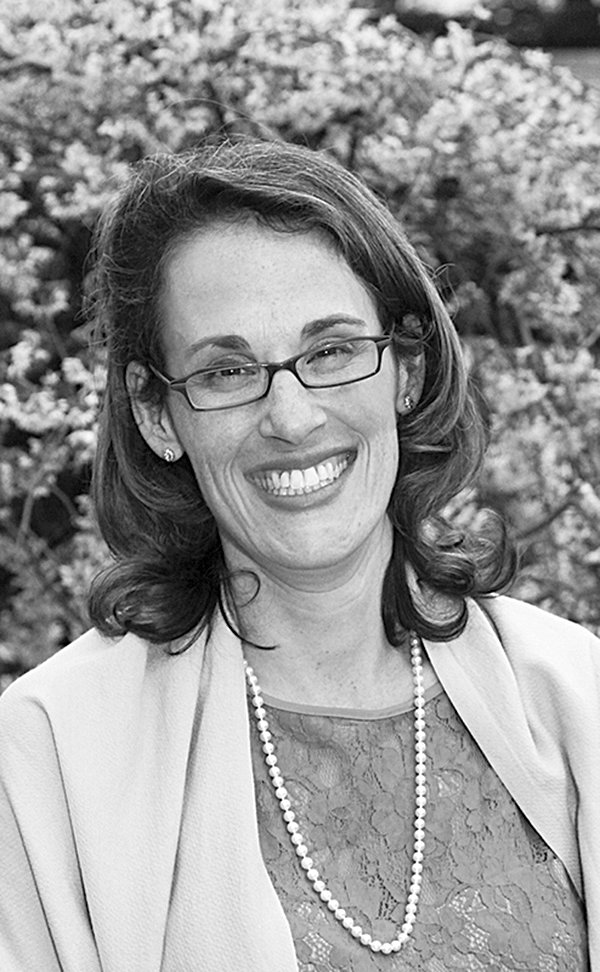Balancing the past with the future during these Days of Awe
A cartoon that once appeared in the New Yorker pictures a man saying to his therapist, “But I love the past, I grew up there!” How true that is.
Let’s face it, as Rhode Islanders, it is our way to look back. We give directions that include where the IGA, Almacs and a Dunkin Donuts used to be.
When we buy a home, it is not a surprise to be asked, “Whose house did you buy?” –meaning not only the previous owner, but those who resided there for the last half century.
Our great challenge is to not become mired in the past. It is a struggle not to become bogged down with the mistakes we have made, the wrongs done to us by others. We are charged with forgiving ourselves and others so we can appreciate each day and move forward into a vibrant future.
Even as we repent for the misdeeds of the past, tomorrow is open to great possibilities. Oscar Wilde delivered a realistic and optimistic message, apropos for these Days of Awe, when he wrote, “Every saint has a past and every sinner has a future.” That is the great contradiction of this season.
We all make mistakes. We have all done things that keep us up in the middle of the night, wondering how we missed the mark so badly. We wallow in a mess of should-haves, could-haves and would-haves until we have a crick in our necks from gazing backward into the past.
When we only yearn for the way things were, we risk moving into the future as if in a rowboat: traveling forward but always looking back.
Rabbi Bert Korn, a peer of Rabbi William G. Braude who was Beth-El’s rabbi for 40 years, wrote, “Human beings are blessed with both memory and hope, but they are blessings only if they enrich today. They turn into curses if they loom too large, if they exercise control over us. Just as the past can rob us, so can the future. In becoming too anxious for the future we also sacrifice today.”
We are charged with discovering a sense of proportion between the past and future so that we may fully embrace each day. That is the great lesson of this season of awe and reflection.
So much of our liturgy reminds us of this challenge. We offer gratitude to those who came before, starting with Abraham and Sarah, Rebecca and Isaac, Jacob, Rachel and Leah. As our High Holy Days machzor (prayer book) translates, “we recall their vision and pray for the strength to keep it alive.”
One of our most ubiquitous hymns, Adon Olam, reminds us (Hu Haya, hu hoveh, hu yihye) that God is with us in the past, in the present and on our journey into the future.
Each time we return the Torah to the ark, we say these words: Hasheveinu adonai elecha v’nashuvah, hadesh yameinu kekedem – return us and we will return, renew our days as of old.
The last verse from the book of Lamentations, these words were meant to bring us consolation at our lowest point as a people, following the destruction of the Second Temple. They also hold special meaning for us in this season.
This text does not yearn for days past exactly as they were. It explicitly asks us to renew our days. This is a critical difference. Nostalgia alone mires us in the past. Hadesh yameinu k’kedem is a call to make us new again with joy, vitality and exhilaration. It invites us to embrace the restoration of our very best selves.
As we prepare to enter 5784, we stand at a crossroads. We look both ways before proceeding.
First, we look back to the past, remembering joys and sorrows, successes and failures. We let go of grudges, petty insecurities and angst about what could have been. Then, we look forward to the new year with hope and anticipation. We dream of the abundant possibilities. Then, and only then, can we find the strength and courage to embrace new beginnings.
Eternal one, grant us resilience to take the best of the past into our hearts and walk forward into a vital new year with confidence in a bright future.
SARAH MACK is the senior rabbi of Temple Beth-El, in Providence.








